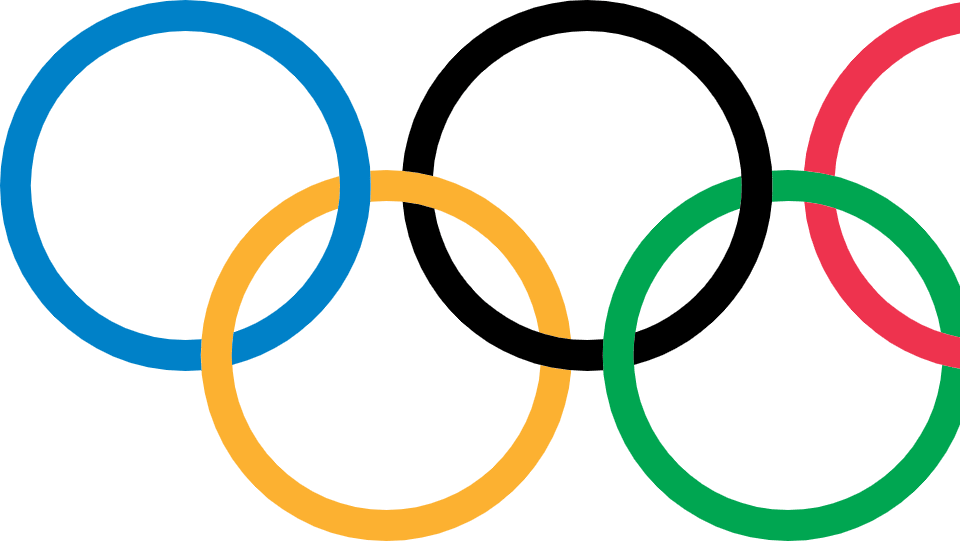Vancouver 2010: The Games Are Over But The Legacy Lives On

A year ago today, the Vancouver 2010 Olympic Winter Games came to a close and the Olympic flame was extinguished at BC Place stadium. Canada had just won hockey gold, sending the nation into raptures, and the Closing Ceremony had been an opportunity for Canada to poke a little fun at itself and celebrate 16 days of fantastic sporting competition. Yet, when the flame went out, the catalytic effect of the Olympic Games on Vancouver, British Columbia, and Canada, did not come to an end. The legacy of these Games will live on for many, many years to come.
Athletic Achievement
At their core, the Vancouver Games were a stage for remarkable athletic achievement and cultural celebrations. The world was welcomed by the magnificent “blue jacket” volunteers, the warm wave of red mittens, and the glowing hearts of deep Canadian pride. Global television ratings were unparalleled, a record number of National Olympic Committees participated in the Games, and Canadian athletes won the most gold medals ever at an Olympic Winter Games. But for Canadians, the Olympic Games were much more than just about “owning the podium”. Vancouver 2010 left a great legacy for the city, region, country and Olympic Movement. Legacy planning is an integral part of the preparations for all Olympic Games, and Vancouver set a new benchmark in many areas.
Pre-Games Legacies
The sport venues in Vancouver and the nearby mountain resort of Whistler were finished well in advance of the Games. Most were completed two full winter seasons before February 2010, providing unprecedented time for athletes to train and compete in the lead-up to the Games. Indeed, some, such as Whistler Olympic Park and the Olympic Oval, were available so early that legacies were realizsed before the Games even began, with public and amateur athletes able to use the venues that would soon welcome the world’s finest sportsmen and women. There is no doubt that these venues will leave a substantial legacy for both amateur and elite sport in Canada. But just as important, each venue was designed responsibly and with a view to the future. Each one met the highest environmental standards and featured numerous sustainability highlights such as energy-saving features that captured and reused waste heat and rainwater. One year on, the venues continue to be well used and will remain valuable parts of the community long into the future.
More Than Just Green Games
The 2010 Winter Games were more than just green Games. Vancouver was the first host city to create a not-for-profit organisation specifically designed to develop community legacies — in sport, the arts, literacy, environment, accessibility, and volunteerism — before, during and after the 2010 Games. The work of the Vancouver 2010 Organising Committee set a new bar for future international events in the field of sustainability. Environmentally, the 2010 Games showed us how future events can reduce their carbon footprints and how partnerships can result in more responsible Games. They also showed us how the Olympic Games can be a catalyst for socially and economically disadvantaged groups that might not have otherwise had the opportunity to benefit.
Aboriginal Participation
The 2010 Olympic Games also created greater awareness of Aboriginal people and Canada’s cultural diversity. An Aboriginal Participation department was integrated within the Organising Committee ensuring significant economic, cultural and sporting opportunities and legacies for First Nations, Inuit and Métis people. The partnership with the First Nations on whose traditional territories the Games were held — known collectively as the Four Host First Nations (FHFN) — was a Games’ first. The unprecedented participation by the Aboriginal people of Canada made the 2010 Games stronger and was another example of Vancouver’s commitment to inclusion.
National Pride
Canadians will not soon forget the snowballing sense of national pride that united them from coast to coast, while international visitors will likewise long remember the welcoming feeling of camaraderie that greeted them at the Games. The result was an unforgettable atmosphere that symbolised the true spirit of the Olympic Games. A year ago Vancouver hosted excellent and very friendly Games, providing future organizsers with an ideal example of what’s possible when a vision is achieved and when legacy is a priority. By heeding the lessons of their predecessors, future hosts – London (Great Britain), Sochi (Russia), and Rio de Janeiro (Brazil) – can set their own benchmarks and deliver unforgettable events that will produce lasting legacies that will benefit their communities for many years to come.
VANCOUVER 2010
Vancouver and Whistler hosted the XXI Olympic Winter Games from 12 to 28 February 2010 and the 2010 Paralympic Winter Games from 12 to 21 March 2010. The seven winter Olympic sports that were on show in Vancouver were luge, skiing, skating, ice hockey, biathlon, bobsleigh and curling.